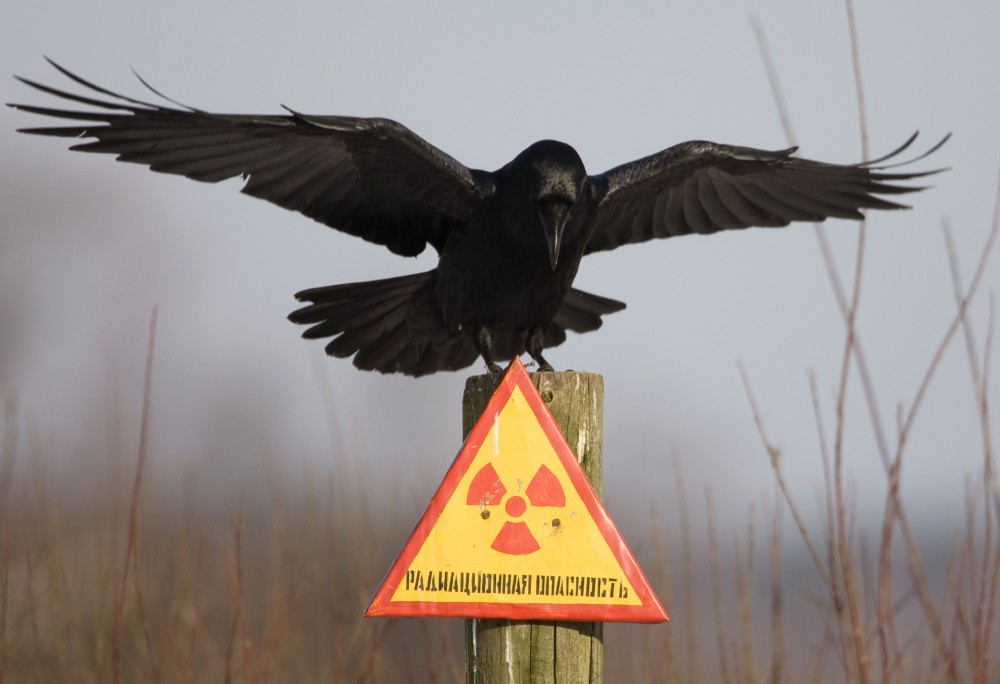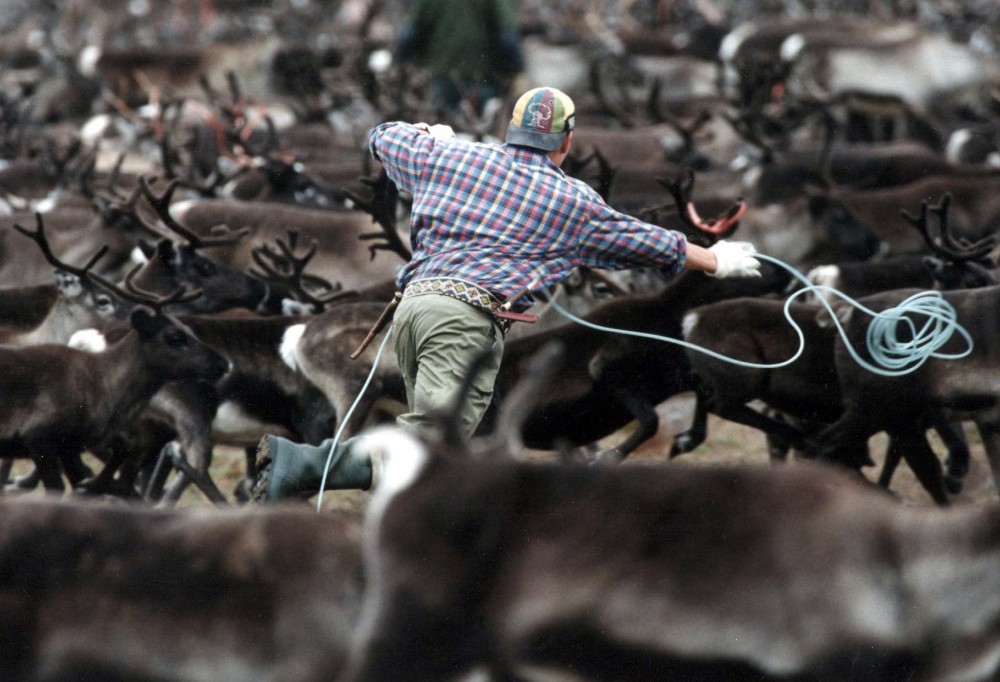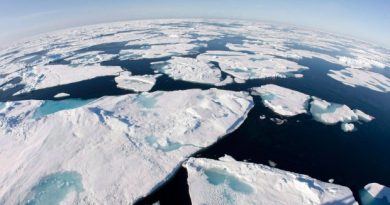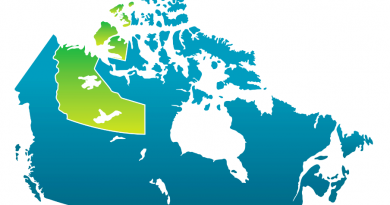OK to eat meat, berries from Swedish forests affected by Chernobyl disaster

Thirty years after the Chernobyl disaster, it is safe to eat berries, meat, and fish coming from the Swedish regions that were affected by the radiation.
“What we say now is that for normal consumers there is no problem at all because the levels are quite low,” says Pål Andersson, analyst at the Swedish Radiation Safety Authority.
“If you do eat much of this, like mushrooms or fish from the lakes and moose or wild boar, for example, you could get an exposure that is higher than the reference value. But the individual risk is still very, very low. And the exposure and the radiation dose is still low compared, for example, with what’s allowed for people working with radioactivity,” Andersson explains.
Reindeer herders hit hard

Swedish reindeer herders were hit hard by the Chernobyl disaster, as they were forced to throw out almost their entire production during the first years. Some 200,000 of the two million reindeer slaughtered in Sweden since the accident had to be discarded due to high levels of radioactivity.
“There was a political decision in Sweden that the reindeer herders themselves should not pay the economic consequences, so the state paid for this throwing away of meat,” Andersson says.
It has not been possible to prove whether people who have been in closer contact with the radiation, such as hunters or reindeer herders, have developed any related diseases like cancer.
“The levels are too low to see any direct effects of the radiation. You can theoretically calculate the amount of cancer incidence, for example, because you have a risk estimate, but this is nothing you can see in investigation because there are so few cases compared to the background number of cases,” Andersson says.
Related stories from around the North:
Canada: Floating nuclear power stations for Arctic? Radio Canada International
Norway: The food crisis in the Far North, Barrents Observer
Russia: Russia develops new nuclear battery for Arctic, The Independent Barents Observer
Sweden: Demand ups Sweden’s reindeer meat prices, Radio Sweden
United States: Traditional foods making their way onto elders’ plates in Northwest Alaska, Alaska Dispatch



